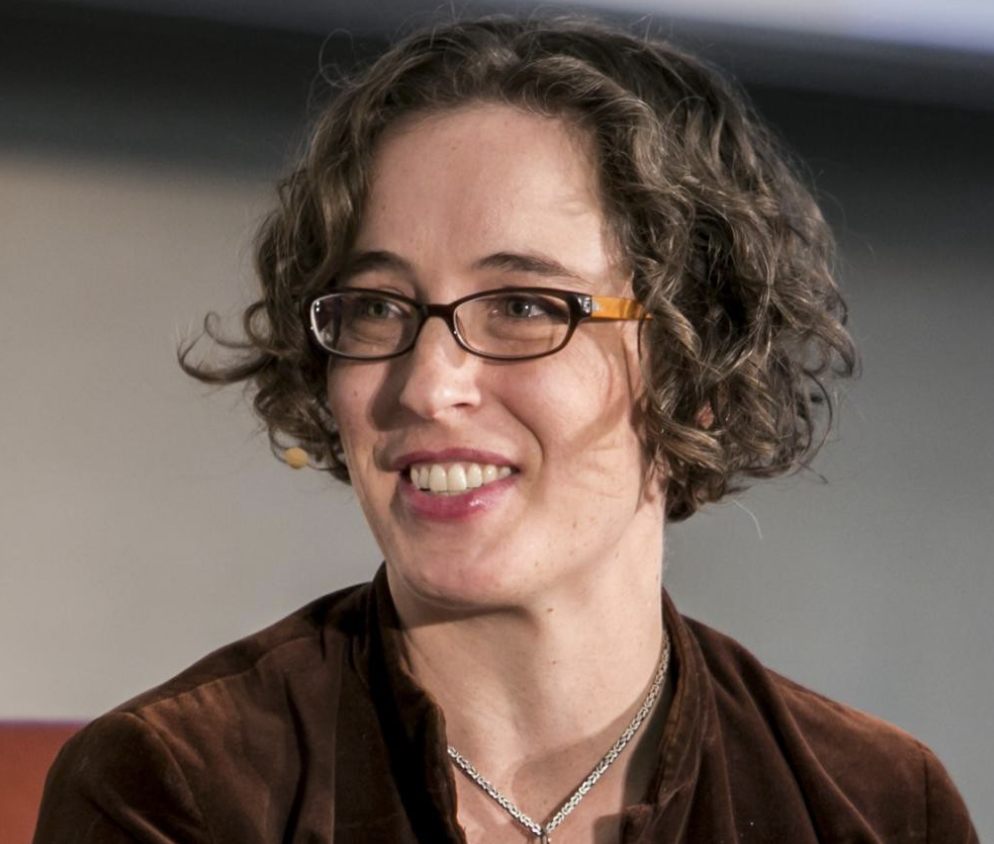Morgan Ames Wins Computer History Museum Prize

Morgan Ames won the 2021 Computer History Museum Prize for her book, The Charisma Machine: The Life, Death, and Legacy of One Laptop per Child (MIT Press, 2019). Ames is an assistant adjunct professor in the School of Information and interim associate director of research for the Center for Science, Technology, Medicine and Society (CSTMS) at the University of California, Berkeley, where she teaches in Data Science and administers the Designated Emphasis in Science and Technology Studies.
The Computer History Museum Prize is awarded to the author of an outstanding book in the history of computing broadly conceived, published during the prior three years. The prize of $1,000 is awarded by SIGCIS, the Special Interest Group for Computers, Information and Society.
From the article:
Morgan G. Ames’s The Charisma Machine impressed the judges for both the clarity of its writing and its superlative scholarly achievement. Ames thoughtfully engages with the history of the One-Laptop-Per-Child dream, from Seymour Papert’s vision in the 1960s, through Nicholas Negroponte’s embrace of the project in the 2000s, and Walter Bender’s efforts to take the computer into the world. What may look like a traditional history of ideas about the spread of computers is in fact much deeper and broader: Morgan Ames subtly creates more space to look at the project and its actors from a critical distance and explore the hidden assumptions and the technocolonialism underlying their technocratic dreams. Rather than mechanically using the toolbox of STS to deconstruct the technocratic dreams, the author reaches beyond. The book is informed by an impressive mastery of ethnography and cultural studies, as well as science and technology studies. And the author takes the reader to places where historians seldom go. Historians of technology know that users matter, but Ames makes the OLPC users a central part of her narrative and visits different continents to better convey the users’ context and experience. In doing so, she blazes new paths for contemporary history.
To read the full article, click here, and congratulations to Professor Ames!
